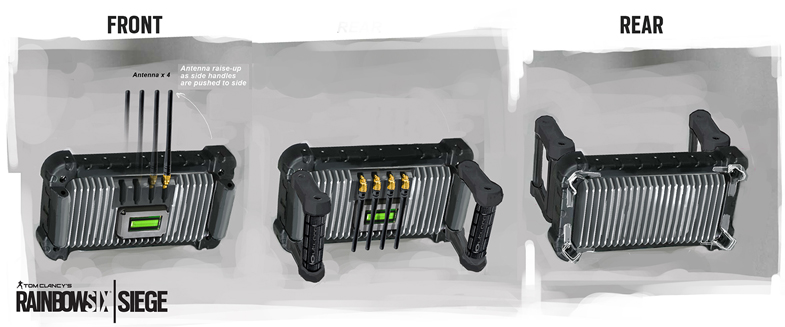
One method to attend to the abuse of modern technology can be through the municipal court system. To submit a suit in domestic court, you can use a lawyer or file by yourself. You (the victim) can demand money damages for things like lost salaries, loss of your job, emotional pain and suffering, damage to yours reputation, and even compensatory damages (to punish the defendant). If your damages are listed below a particular quantity, you may have the ability to file on your own in little claims court. In some states, if you were the victim of the criminal offense of disclosure of intimate images, the law may enable you to sue the individual who utilizes the image or discloses for damages that increase each day the abuser is in violation of the law. You can discover more about the choice of suing an abuser in domestic court by reading our Suing an Abuser for Money article and selecting your community from the drop-down menu. You can likewise ask the court to issue an order (often called an injunction or a restraining order) in which the judge orders the defendant to stop doing certain things (like sending images of you to others) or to require him/her to do certain actions (such as ruining or turning over images). Restraining orders might be a legal solution for victims experiencing numerous kinds of abuse including technology (and not only for nonconsensual image sharing cases) depending on your community’s legal definition of domestic violence.
There also might be other crucial municipal legal alternatives to consider in technology-related abuse cases, particularly those that deal with the sharing of images of you without your consent. In a municipal suit, it might be possible for you to demand– and for a judge to order– that the defendant indication over any copyright ownership of the images to you (the victim). For suggestions on whether or not you might have a valid legal claim to get the copyright of any images taken of you, please consult with a legal representative who is experienced about copyright law and technological innovations misuse. A lot more info is available, if you need it, by clicking on the web link here Signal jammer for car tracker !!!
Another way to attend to technological innovation misuse is through the criminal court system. In the criminal law system, cases are filed by the territory prosecutor (likewise called the district attorney or chief law officer in some places) based on offenses of area criminal law. (Or if a federal law is breached, the federal district attorney would be the one to file the case.) Usually, when you call 911 or go to the authorities department to file a criminal grievance, the police will do an investigation and if there is “likely cause” to make an arrest and sufficient evidence to prosecute, the abuser may be charged with a crime. To see a list of some common crimes in your area, particularly those that include technology misuse, go to our Crimes article and enter your jurisdiction in the drop-down menu.
One crucial difference between a criminal and civil case is that in a criminal case, the prosecutor is the one who chooses whether or not to submit the criminal case versus the abuser and whether or not to withdraw the criminal charges. You do not always have the same ability to begin or dismiss a case in criminal court the way you might be able to in civilian law court.
If you are being mistreated or stalked by somebody who is misusing technological innovation, it will be crucial to believe through ways to increase your safety and personal privacy that take that technology into consideration. Considering that modern technology is constantly changing and the application of laws in this area are still developing, there might be circumstances where the current law may not address exactly what is occurring.
Even if you are not able to or select not to look for defense, damages, or other forms of justice in criminal or civilian court, you can still make a plan for your security and get help to deal with the psychological injury that you may experience. See our Safety Planning post for more information on methods to increase your safety. You can contact your local electronic cyber stalker company for additional help producing a safety strategy or for other assistance and more helpful resources readily available to you about technological innovation crimes and its misuse and increasing your privacy and safety on the internet.



Comments